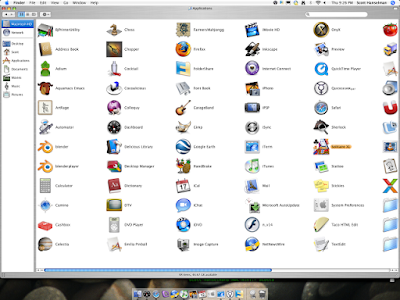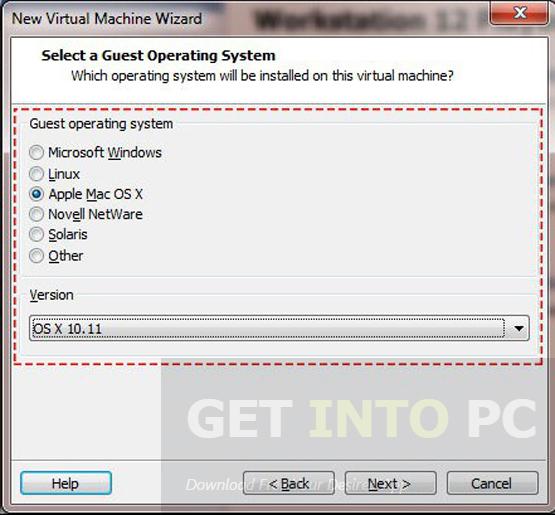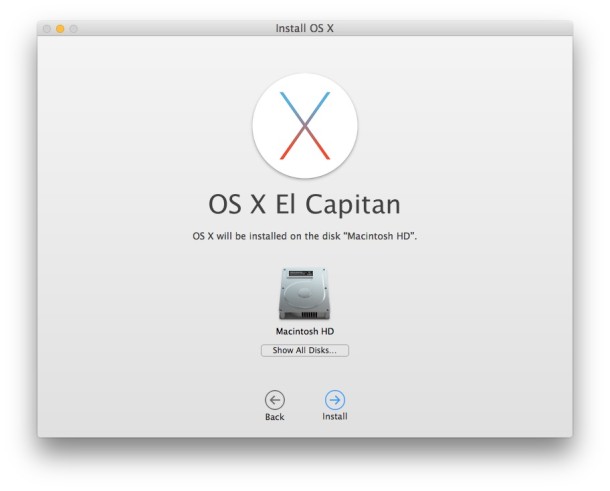Softonic review Yosemite just got bigger. El Capitan, or Mac OS X 10.11, is the latest update of Apple’s operating system for Mac. This marks the first time in a while that the release of OS X and iOS (iOS 9) have appeared almost simultaneously – allowing for more synergy between the platforms. Download El Capitan For Mac; Mac OS X El Capitan ISO – Download Mac OS El Capitan ISO Setup Files Free: The MacBook and the Apple’s Mac are the second most widely used and famous portable Computers. The first place is occupied by the Family of Windows Computers, this is due to their cheaper prices, and ease of access. Download El Capitan For Mac; Mac OS X El Capitan ISO – Download Mac OS El Capitan ISO Setup Files Free: The MacBook and the Apple’s Mac are the second most widely used and famous portable Computers. The first place is occupied by the Family of Windows Computers, this is due to their cheaper prices, and ease of access.
Mac Os X El Capitan Download Iso Virtualbox
To get the latest features and maintain the security, stability, compatibility, and performance of your Mac, it's important to keep your software up to date. Apple recommends that you always use the latest macOS that is compatible with your Mac.
Mac OS X El Capitan ISO: Overview The ISO Files for a software system are those that can be burned into a bootable DVD and then they can use the DVD to install the particular Software or Operating system on ones PC/Mac/MacBook. Download El Capitan ISO is developed for Mac OS users. This provides smoother and faster features to your Mac OS. If you are in need to download this amazing El Capitan iso you are in the right place. In this article, you will get to know how to Download El Capitan ISO, install this to your Mac OS and amazing features of this software. OS X El Capitan Final is one of the major releases that is designed to eliminate many bugs and patch various security glitches as well as compatibility issues. It is a new OS that succeeded the hugely popular OS X Yosemite. Mac OS X El Capitan: Being the 12th major release of macOS, Mac OS X El Capitan belongs to the Macintosh-Unix family of OS. It was majorly released for server OS for Macintosh computers and Apple Inc.’s desktop. Being the successor of OS X Yosemite, it mainly focuses on stability, performance, and security. There is a history in its name.
Learn how to upgrade to macOS Big Sur, the latest version of macOS.
Check compatibility

If a macOS installer can't be used on your Mac, the installer will let you know. For example, it might say that your Mac doesn't have enough free storage space for the installation, or that the installer is too old to be opened on this version of macOS.
If you want to check compatibility before downloading the installer, learn about the minimum requirements for macOS Catalina, Mojave, High Sierra, Sierra, El Capitan, or Yosemite. You can also check compatible operating systems on the product-ID page for MacBook Pro, MacBook Air, MacBook, iMac, Mac mini, or Mac Pro.
Make a backup
Before installing, it’s a good idea to back up your Mac. Time Machine makes it simple, and other backup methods are also available. Learn how to back up your Mac.
Apple Os X El Capitan Download Iso
Download macOS

It takes time to download and install macOS, so make sure that you're plugged into AC power and have a reliable internet connection.
These installers from the App Store open automatically after you download them:
- macOS Catalina 10.15 can upgrade Mojave, High Sierra, Sierra, El Capitan, Yosemite, Mavericks
- macOS Mojave 10.14 can upgrade High Sierra, Sierra, El Capitan, Yosemite, Mavericks, Mountain Lion
- macOS High Sierra 10.13 can upgrade Sierra, El Capitan, Yosemite, Mavericks, Mountain Lion, Lion
El Capitan Dmg Torrent Download
Your web browser downloads the following older installers as a disk image named InstallOS.dmg or InstallMacOSX.dmg. Open the disk image, then open the .pkg installer inside the disk image. It installs an app named Install [Version Name]. Open that app from your Applications folder to begin installing the operating system.
El Capitan Iso
- macOS Sierra 10.12 can upgrade El Capitan, Yosemite, Mavericks, Mountain Lion, or Lion
- OS X El Capitan 10.11 can upgrade Yosemite, Mavericks, Mountain Lion, Lion, or Snow Leopard
- OS X Yosemite 10.10can upgrade Mavericks, Mountain Lion, Lion, or Snow Leopard
Install macOS
Follow the onscreen instructions in the installer. It might be easiest to begin installation in the evening so that it can complete overnight, if needed.

If the installer asks for permission to install a helper tool, enter the administrator name and password that you use to log in to your Mac, then click Add Helper.
Please allow installation to complete without putting your Mac to sleep or closing its lid. Your Mac might restart, show a progress bar, or show a blank screen several times as it installs both macOS and related updates to your Mac firmware.
Learn more
Os X El Capitan Iso Torrent
Mac Os X 10.11 El Capitan Iso Image Torrent


You might also be able to use macOS Recovery to reinstall the macOS you're using now, upgrade to the latest compatible macOS, or install the macOS that came with your Mac.